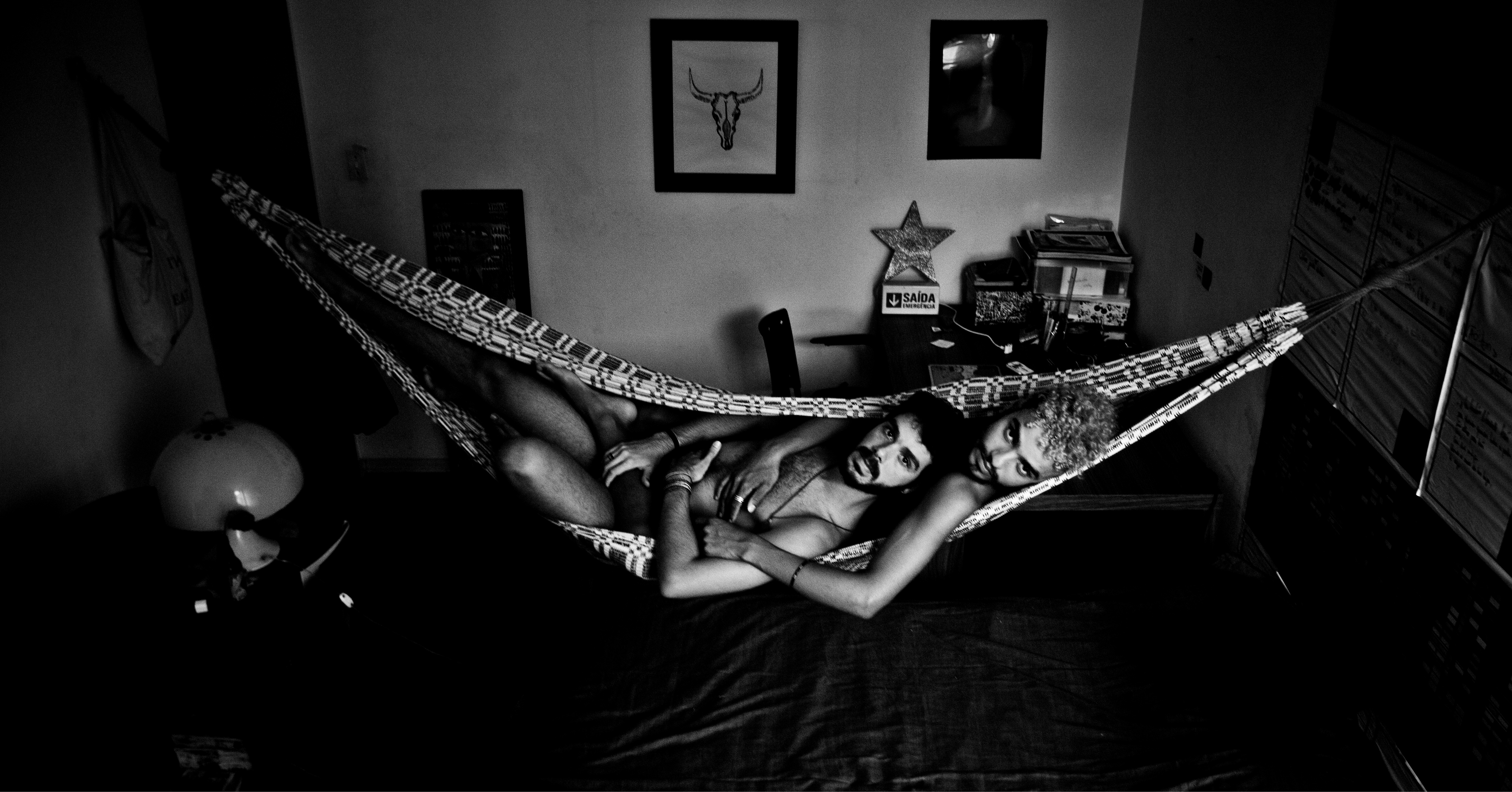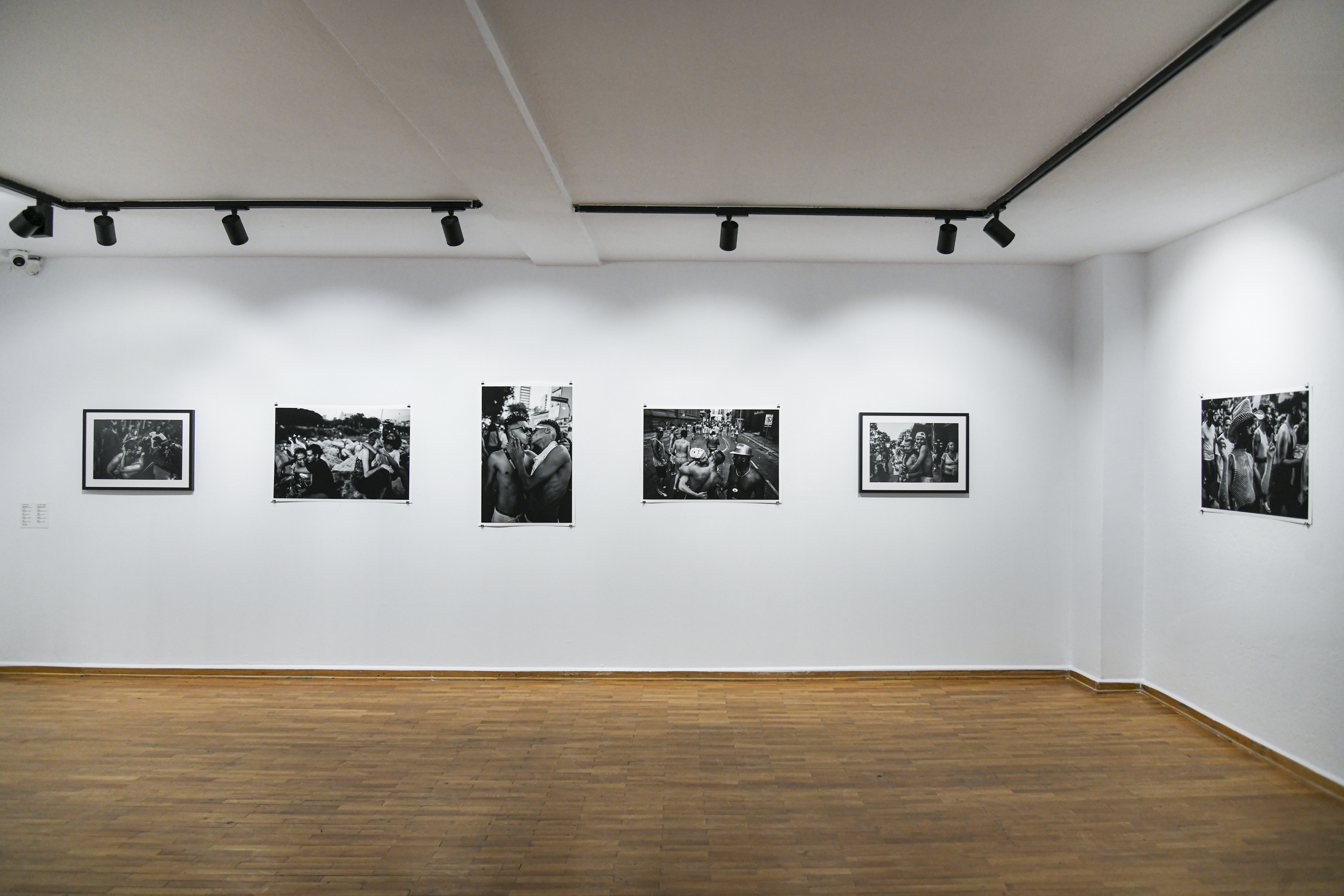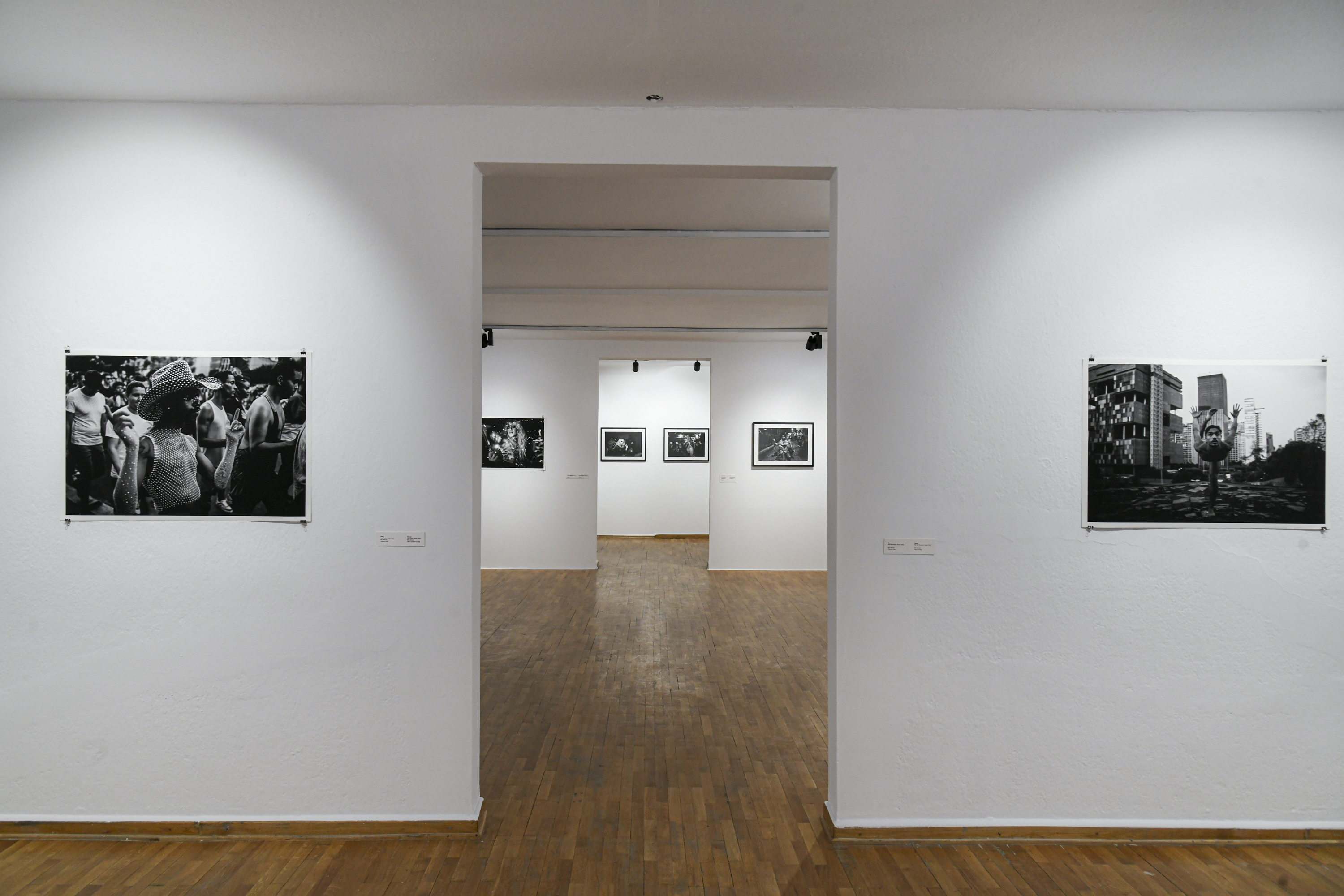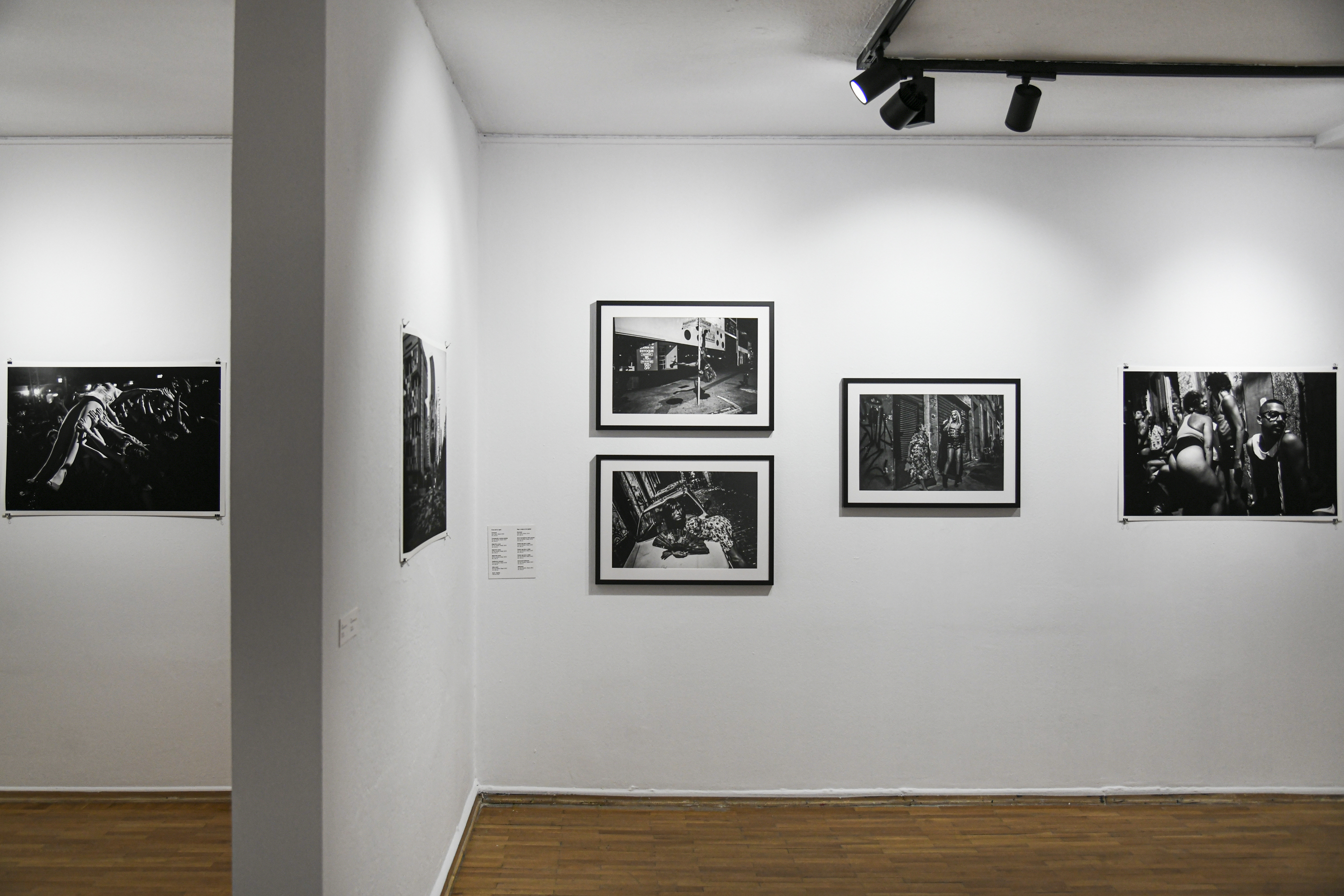Jetmir Idrizi | Power of Desire
Jetmir Idrizi's first exhibition in Kosovo, Power of Desire, immerses us in the vibrant queer scenes of São Paulo and Rio de Janeiro. More than just a testimony, his photographic work reveals territories of emancipation where celebration and self-affirmation become acts of resistance. From nightclubs to carnivals, drag shows to the ballroom scene, he traces a visual map of desire in motion, an intimate and collective geography of freedom.
These spaces of pleasure and reinvention subvert the dominant heteronormative and patriarchal frameworks, drawing anew the streets, private spaces, and even the night itself. In the darkness of clubs, the party is both a release and a manifesto. Between sweat, glitter, and bass beats, bodies are liberated, intertwined, and transformed. But this energy extends beyond the nocturnal margins. It spreads into LGBTQIA+ protests, the carnival, intimate moments and spheres where desire and identity are not negotiated but assert themselves with irrepressible intensity, by questioning and dismantling binary norms. The queer ballroom scene in São Paulo, a legacy of the 1980s New York queer ballrooms, represents a space of recognition and protection, particularly for BIPOC and marginalized communities. Paul B. Preciado speaks of the "body as archive": here, dance, style, and queer aesthetics as inscribed as tools of struggle and visibility.
The photographs in this series were taken during two distinct political moments in Brazil. The first period, from 2015 to 2017, coincides with the impeachment of President Dilma Rousseff in 2016, an event that marked a conservative shift and foreshadowed the rise of the far right, culminating in Jair Bolsonaro's election in 2019. The second period, from 2023 to 2024, follows the return of Luiz Inácio Lula da Silva to power, a moment of renewed hope for social causes, including LGBTQIA+ rights. While the country now enjoys a more favorable climate, marked by the historic election of transgender deputies to Parliament, these advances remain fragile. In a global context where the far right continues to gain ground, the rights of LGBTQIA+ individuals, particularly transgender people, are violently threatened. This series thus resonates with a new urgency. It stands as a site of visibility and memory, affirming that the freedom to be who we are and to desire without boundaries cannot be erased.





